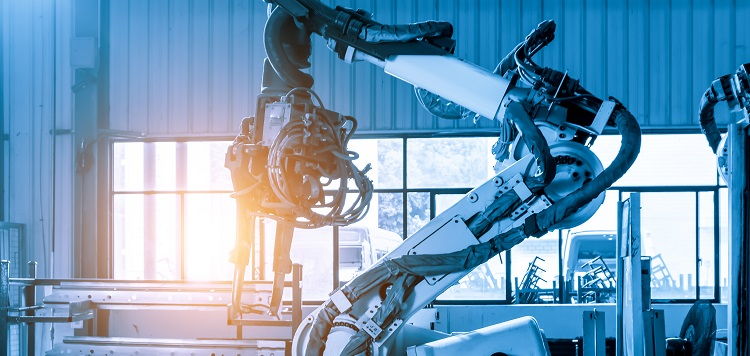Autonomous construction equipment is a type of construction equipment that operates through autonomous technologies such as GPS, sensors, and artificial intelligence. With the increasing need for efficiency, safety, and accuracy in the construction industry, the use of autonomous construction equipment has been on the rise. According to a recent report by MarketsandMarkets, the global autonomous construction equipment market size will grow from $11.8 billion in 2022 to $14.05 billion in 2023 at a compound annual growth rate (CAGR) of more than 18%.
Market Outlook
The global autonomous construction equipment market is projected to grow to $20.3 billion by 2027 at a compound annual growth rate (CAGR) of more than 9%. This growth is attributed to the increasing need for efficiency, accuracy, and safety in the construction industry, as well as rapid urbanization and rising construction activities. With the autonomous construction equipment market projected to grow considerably in the next few years, equipment manufacturers and suppliers are expected to capitalize on the opportunities by leveraging new technologies to improve their offerings.
Competitors in the Market
Caterpillar Inc is the largest competitor, with a 28.6% share of the autonomous construction equipment market, followed by Komatsu Limited, Volvo Group, Hitachi Construction Machinery Co., Ltd., Doosan Corporation, CNH Industrial, Deere & Company, and others. These companies have maintained their positions in the market by focusing on innovation, technological advancements, and developing new technology-based products to strengthen their position.
Technology Advancements
Automation and the use of robotics have become increasingly popular not only in manufacturing industries but also in the construction industry. This has led to the development of autonomous construction equipment that can operate without the need for human intervention. Companies operating in the autonomous construction equipment market have focused on technological advancement, with many adopting advanced technologies like Robotic Process Automation (RPA) to improve efficiencies.
Robotic Process Automation is one of the technologies that autonomous construction equipment companies are adopting to improve efficiencies. By automating time-consuming and repetitive processes like data input, emailing, and documentation, robotic process automation can aid construction organizations in reducing errors. For example, an autonomous robot that precisely prints construction site blueprints onto the ground can be automated through RPA. The high level of accuracy and precision offered by autonomous construction equipment has made it an attractive option for construction companies.
Applications of Autonomous Construction Equipment
The global autonomous construction equipment market can be segmented according to autonomy, product type, and application. With the increased automation in the construction industry, there have been numerous applications of autonomous construction equipment. In the architecture and design industry, autonomous construction equipment has been used for surveying and mapping designs on construction sites through artificial intelligence and sensors. Additionally, autonomous excavators and bulldozers have been used in digging and grading construction sites.
Regional Analysis
According to the MarketsandMarkets report, Asia Pacific was the largest region in the autonomous construction equipment market, accounting for 36.8% of the total in 2022. This can be attributed to the high levels of construction activities in the region as well as the growing need for improved efficiency, accuracy, and safety in the construction industry. Additionally, the adoption of new technology solutions and the high level of urbanization in Asia Pacific have led to increased demand for autonomous construction equipment.
Conclusion
The autonomous construction equipment market is projected to experience significant growth in the coming years as construction companies continue to embrace technology as an essential element of their operations. The use of autonomous construction equipment is likely to increase as construction firms seek to reduce costs, improve efficiency and precision, and enhance worker safety. While there are still challenges like regulatory and labor issues that need to be addressed, the continued adoption of new technologies, including robotics and artificial intelligence, in the construction industry will create new growth opportunities for equipment manufacturers and suppliers in the autonomous construction equipment market.

